In a series of studies published in the journal Nature Astronomy, international astronomers said the number of satellites in low Earth orbit has more than doubled since 2019 when the US company SpaceX launched the first large-scale "satellite constellation" of thousands of satellites.
A new constellation of Internet satellites is also planned to be launched soon, adding thousands of satellites to the already densely populated region less than 2,000 km above Earth. Astronomers also point out that with each new satellite that appears in low Earth orbit, the risk of collision with another object orbiting the Earth increases, leading to more debris. This could create a chain reaction, whereby successive collisions occur, creating even smaller pieces of debris, adding to the cloud of "space junk" that is reflecting light back to Earth.
Astronomers warn that increasing light pollution threatens astronomical activity.
In a study, astronomers say they have for the first time determined the financial and scientific impact of brighter night skies on the operations of a major observatory. Specifically, through simulations, astronomers determined that for the Vera Rubin Observatory under construction in Chile, the darkest part of the night sky will be 7.5% brighter in the next decade than it is now, meaning the number of stars Vera Rubin can observe will be 7.5% fewer. This will add nearly a year to the observatory's survey, costing it $21.8 million.
Illustration: NASA
John Barentine, co-author of the study and a consultant for Dark Sky, a US-based consultancy, warned of another unforeseen consequence of brighter night skies: astronomical phenomena that humans will never be able to observe. According to him, increased light pollution has more serious consequences than people can imagine.
Brighter night skies not only affect astronomical observations but also threaten the "ancient relationship between humans and the night sky", researchers warn.
Astronomer Aparna Venkatesan at the University of San Francisco stressed that "the universe is our common heritage and ancestry, connecting us through science, art, stories and cultural traditions - and now the universe is in danger".
Faced with this situation, a group of astronomers in Spain, Portugal and Italy called on scientists to "stop the attack" on the night sky, by limiting the launch of satellites into Earth orbit. The astronomers warned that the loss of the natural beauty of the night sky worldwide would become an unprecedented global threat to cultural and natural heritage, as well as threatening future economic interests.
According to VNA/Tin Tuc Newspaper
Source link


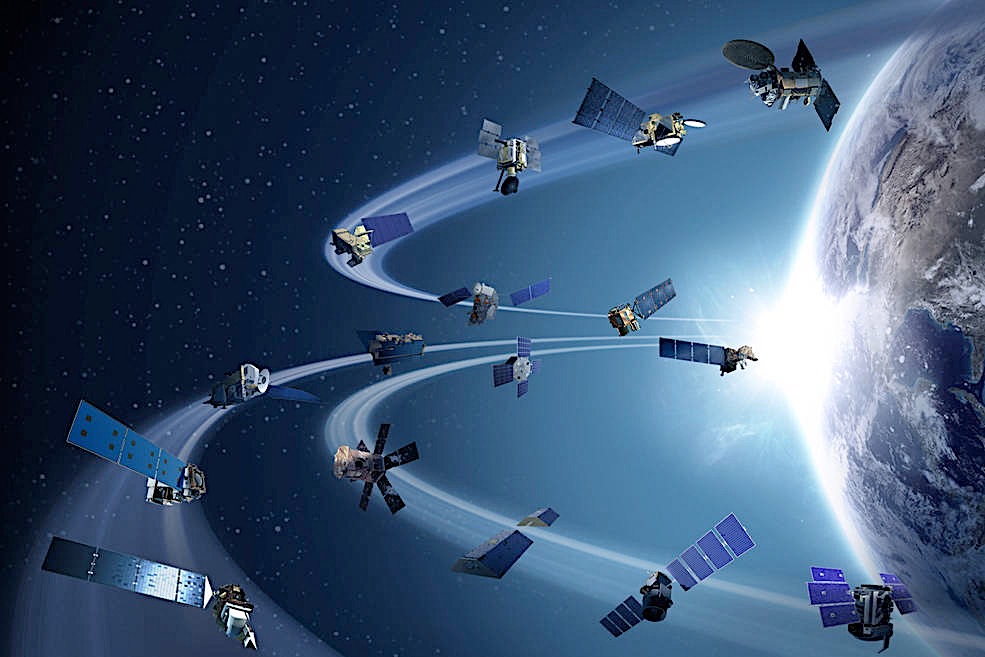


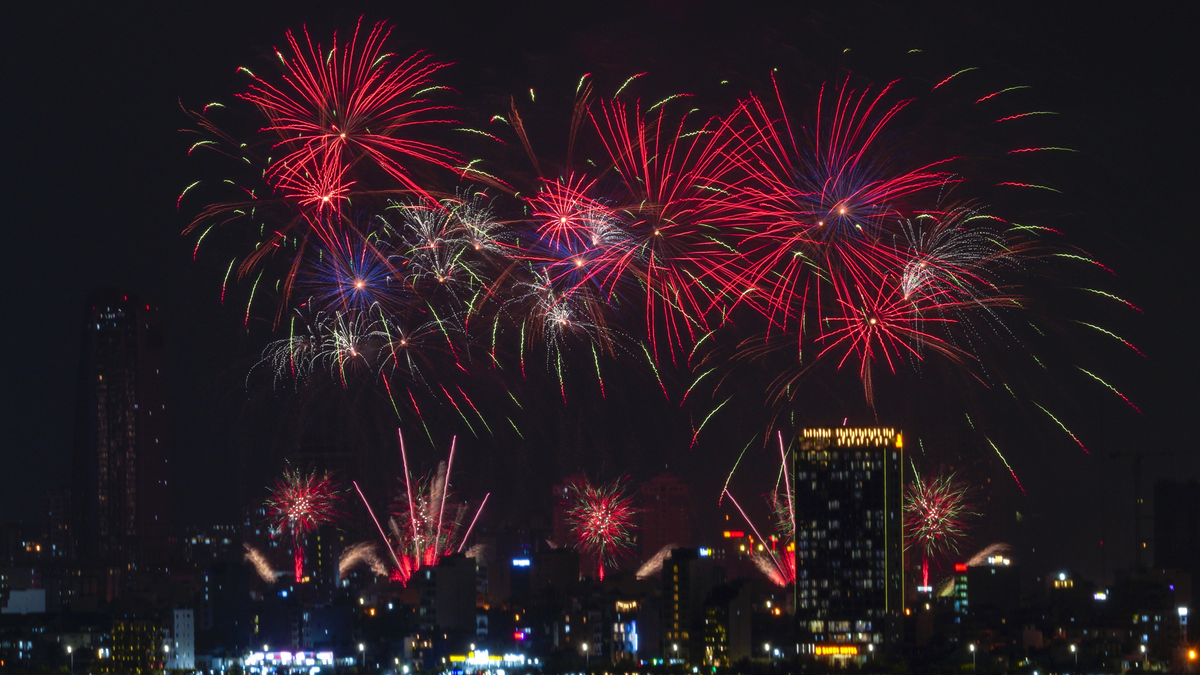


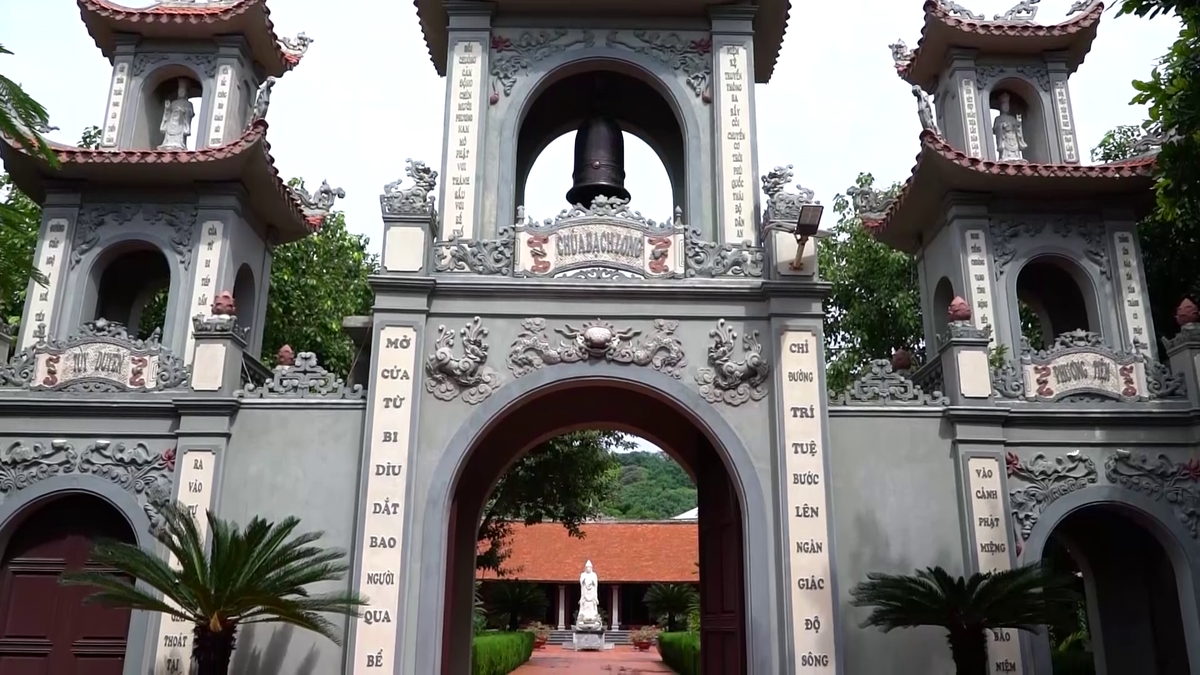














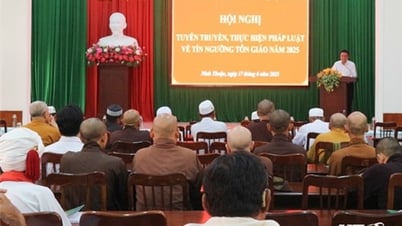

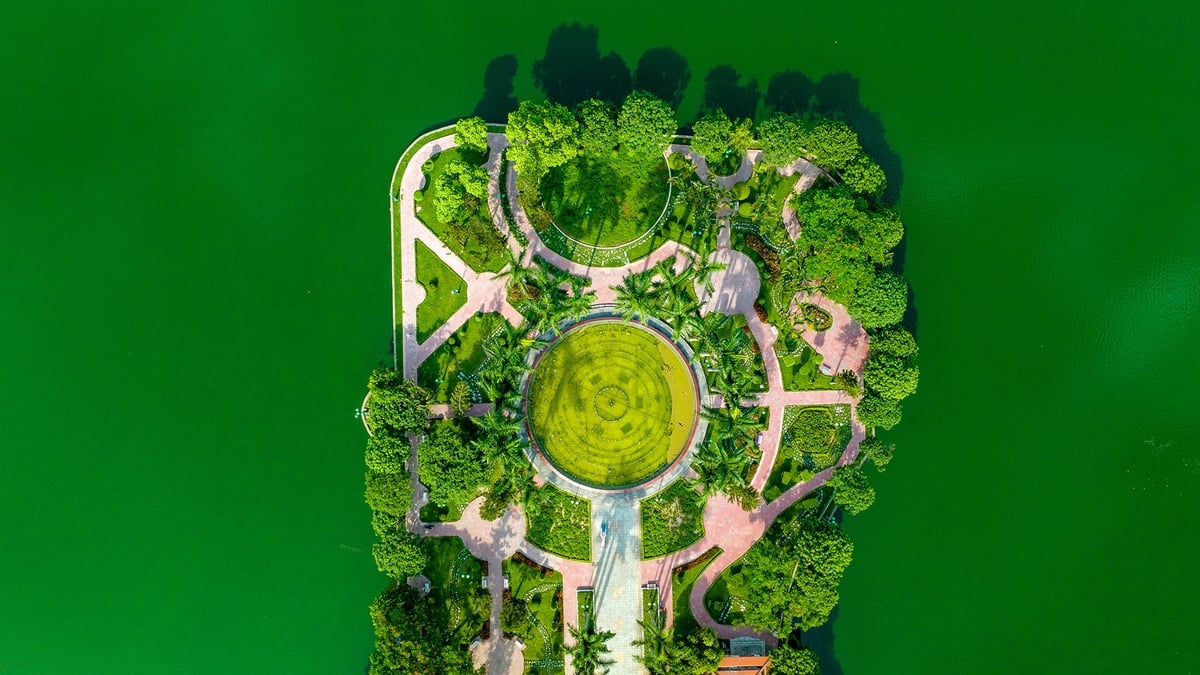

























![[Maritime News] Wan Hai Lines invests $150 million to buy 48,000 containers](https://vphoto.vietnam.vn/thumb/402x226/vietnam/resource/IMAGE/2025/6/20/c945a62aff624b4bb5c25e67e9bcc1cb)

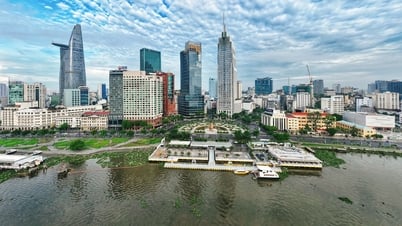












![[Infographic] Party Committee of the Ministry of Culture, Sports and Tourism: Marks of the 2020 - 2025 term](https://vphoto.vietnam.vn/thumb/402x226/vietnam/resource/IMAGE/2025/6/22/058c9f95a9a54fcab13153cddc34435e)



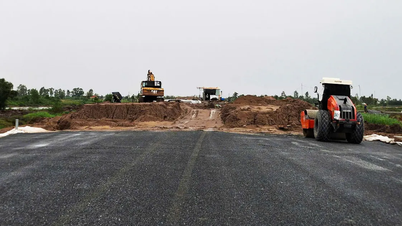





















Comment (0)